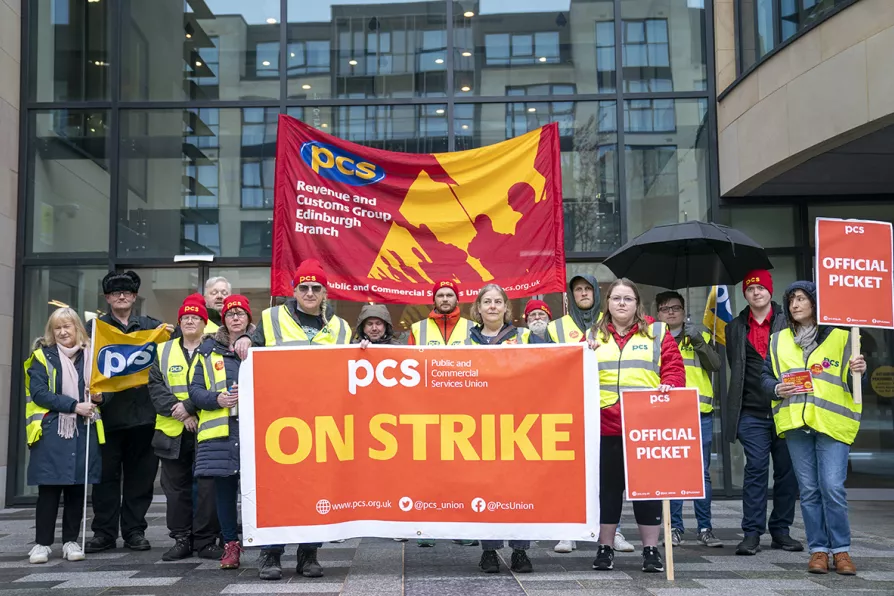Pay review bodies accused of being ‘political Trojan horse’ for governments to undermine collective bargaining

 Members of the Public and Commercial Services union (PCS) on the picket line outside HMRC Queen Elizabeth House in Edinburgh, as civil servants in 132 Government departments walk out in a long-running dispute over pay, jobs and conditions, March 16, 2023
Members of the Public and Commercial Services union (PCS) on the picket line outside HMRC Queen Elizabeth House in Edinburgh, as civil servants in 132 Government departments walk out in a long-running dispute over pay, jobs and conditions, March 16, 2023
A NEW report on pay review bodies (PRBs) suggests they have become a “political Trojan horse” for governments to undermine collective bargaining and degrade wages.
The Institute of Employment Rights (IER) launched its report “Pay review bodies: their past and their future” alongside trade union leaders in Westminster on Thursday evening.
Written by Dr Andrew Moretta in collaboration with several unions, the report highlights how over time, successive governments have exerted influence over PRBs, turning their recommendations into mere options for the government to accept or ignore as they see fit.
Similar stories

As the Employment Rights Bill enters Parliament, JAMES HARRISON introduces a podcast designed to help trade unionists, as well as MPs, understand its intentions and how to go about improving it












